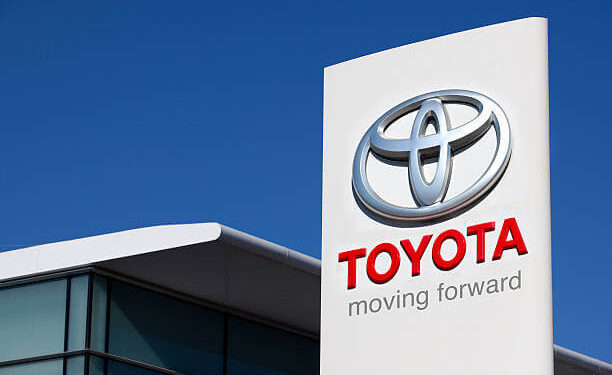The Common Market for Eastern and Southern Africa (Comesa) Competition Commission has launched a formal inquiry into the pricing of new vehicles and spare parts by Japanese car-maker Toyota.

The watchdog said its investigation will assess whether Toyota’s sales and pricing model through its subsidiary, Toyota Tsusho Corporation, skewed competition in the regional market.
“The commission has preliminary concerns that Toyota may be prohibiting out-of-territory passive sales to the detriment of consumers and maintaining high prices of brand new vehicles and spares. As such, the commission will assess [the firm’s] conduct to determine its effect and apply appropriate measures as per the regulations,” said the commission’s chief executive, Dr Will Mwemba.
Toyota controls a large market share within the Comesa bloc with its units preferred for their relatively lower maintenance costs and high availability of spare parts. In Kenya, Toyota is the biggest seller of new cars.
Dr Mwemba said the investigations into Toyota’s business practices will be guided by the provisions of Article 16 of the Comesa Competition Regulations, which prohibits acts that may distort the market such as price-fixing.
Natural market forces
The regulations require that the pricing of commodities and services be directly determined by the natural market forces of demand and supply. Anything that significantly affects pricing other than supply and demand is deemed market distortion.
“The commission has reasonable cause to suspect … that the distribution agreements do not allow authorised distributors to sell Toyota products outside their respective territories or countries, or sell Toyota products to any third party whom they believe will sell, export, or transfer directly or indirectly to any place or country outside their territory,” Dr Mwemba said.
“Furthermore, the commission has reasonable cause to suspect … that Toyota has provided price guidelines to its authorised distributors for the pricing of [its] products sold to consumers in the common market, which may contravene the provisions of the regulations pertaining to resale price maintenance” he added.
Not an indictment
The watchdog, however, said that investigations do not amount to an indictment on Toyota’s business practices.
“It should be noted that the commencement of the investigations neither presupposes that the conduct being investigated is anti-competitive nor that Toyota has violated the regulations. The commission will, in accordance with provisions of Part 3 of the regulations, conduct an inquiry to determine whether the alleged conduct has its object or effect the prevention, restriction or distortion of competition in the market or a substantial part of it.” Dr Mwemba said.
In Kenya, Toyota through its dealership — Cfao Motors Kenya Limited — has adopted new strategies, including venturing into the car trade-in model, to grow sales of its new vehicles. In the arrangement, a motorist will be able to surrender his or her car and pay an additional amount to acquire a new model.
The dealer will run the trade-in model by working with its affiliates that sell used cars. The strategy is common among second-hand car yards, which allow customers to hand in their vehicles and pay the additional sums that will enable them to drive off with a model of a higher price and/or specifications.
Source: Daily Nation







